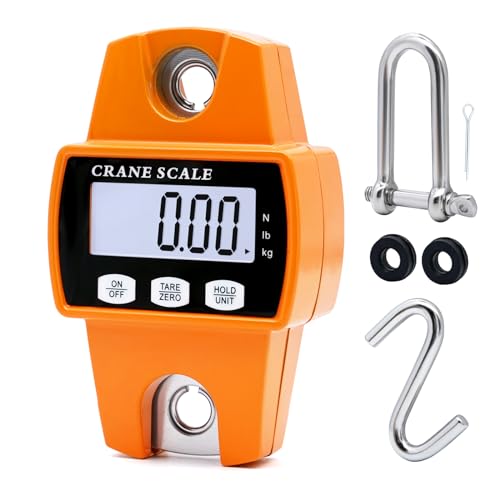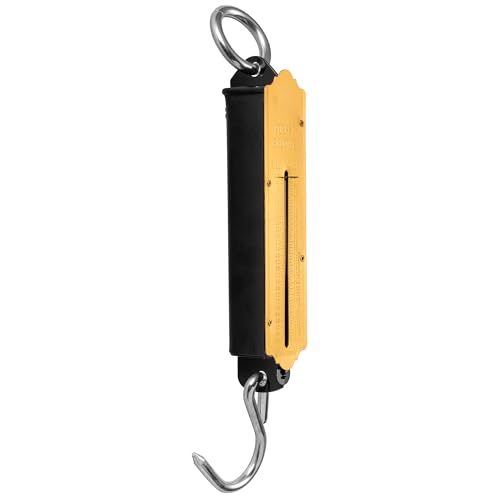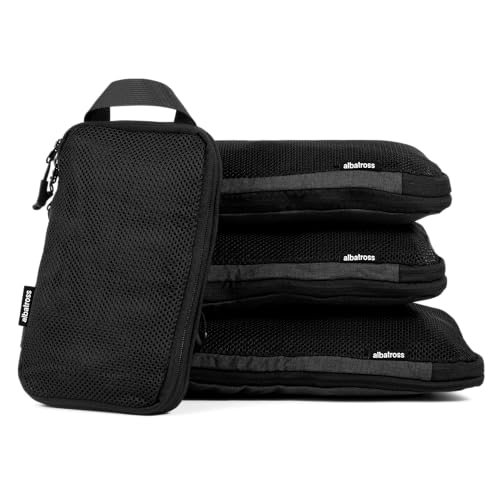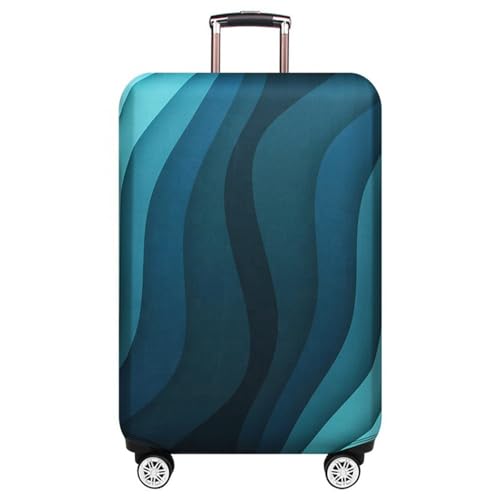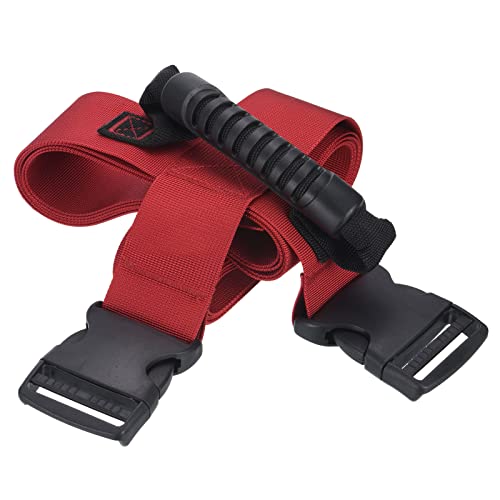What is a Hanging Scale and How Does It Work?
Understanding the Basics of Hanging Scales
A hanging scale is a type of weighing device that hangs from a support, allowing items to be suspended and weighed accurately. Think of it as a traditional scale, but instead of placing the object on a platform, you hang it from a hook. This design enables the weighing of larger items or bulky loads that would not easily fit on standard scales. Essentially, you attach your item to the hook, and the scale’s internal mechanism measures the weight based on the force applied by the hanging object due to gravity.
Key Features to Consider When Buying a Hanging Scale
Capacity and Weight Limits
When selecting a hanging scale, the first thing we should consider is its capacity—this is the maximum weight the scale can measure. If you plan to weigh heavy items such as luggage or agricultural products, ensure that the scale can handle weights significantly above what you expect to weigh. It’s advisable to choose a model with at least a 20% higher capacity than your maximum expected weight.
Display Type and Readability
Next, let’s think about the display. Some hanging scales have digital displays, while others feature analogue dials. Digital displays tend to be easier to read and more precise, particularly in low-light conditions. When you’re hanging an item and trying to read the weight, having a clear, backlit digital display can make all the difference.
Material and Durability
The material of the hanging scale is also very important, especially if you’re using the scale outdoors or in rugged environments. Models made from stainless steel are typically more robust and resistant to corrosion, ensuring that your scale lasts longer and stays accurate even in tough conditions.
Calibration and Accuracy
Accuracy is crucial when weighing items, especially for recipes or shipping parcels. Look for scales that can be easily calibrated or have features that ensure consistent accuracy over time. Many scales provide an option to zero out the weight of hooks or containers, helping us achieve precise measurements.
Portability and Design
Lastly, consider how portable you need your hanging scale to be. Some models are compact and lightweight, making them perfect for travel, while others are bulkier. If mobility is a requirement, go for a scale that is easy to carry without sacrificing functionality.
How to Choose the Right Hanging Scale for Your Needs
Assessing Your Weighing Needs
To choose the right hanging scale, we should first assess what we need it for. Are you weighing food, luggage, or larger items like plants or equipment? This will dictate the capacity we require, as well as the scale’s durability and accuracy.
Exploring Different Use-Cases
Next, let’s think about frequency and environment. If you need a scale for regular use in a commercial context, investing in a more robust and high-capacity model will pay off in the long run. If it’s just for occasional home use, a simpler, more affordable model may suffice.
Understanding Desired Features
Also, think about what features would enhance our user experience. For instance, if we’re weighing items frequently in poor lighting, a backlit display might be essential. Conversely, if we only need it for simple tasks, we could opt for more basic models.
How to Properly Use and Maintain Your Hanging Scale
Using Your Scale Effectively
To use a hanging scale effectively, ensure that you hang it securely from a solid structure, like a beam or overhead hook. For best accuracy, centre the item below the hook and avoid swinging it while measuring. Many users find it helpful to calibrate the scale before each use to ensure the readings are precise.
Maintenance Tips for Longevity
We should also pay attention to maintenance to prolong the life of our hanging scale. Regularly wipe down the scale to remove any dust or debris. If your scale has batteries, check and replace them periodically to avoid any surprises during use. If we notice any discrepancies in readings, recalibrating the scale will help maintain accuracy.
Top Recommendations for Hanging Scales on the Market
High Capacity Options
For those needing high-capacity scales, options like models capable of measuring up to 300 kg or more are available. These are perfect for heavy-duty purposes, such as in warehouses or for agricultural use. Features often include robust construction and large, easy-to-read displays.
Best Digital Scales
In the realm of digital hanging scales, we recommend looking for models that offer precise measurement and additional features such as tare functions and data storage. Many digital scales provide instant weight readings, which can be particularly advantageous in swift-paced environments.
Budget-Friendly Choices
For readers on a budget, there are compact and lightweight models priced affordably. These may not have all the bells and whistles but provide sufficient capacity and do the job effectively for lighter tasks like weighing luggage or smaller parcels.





